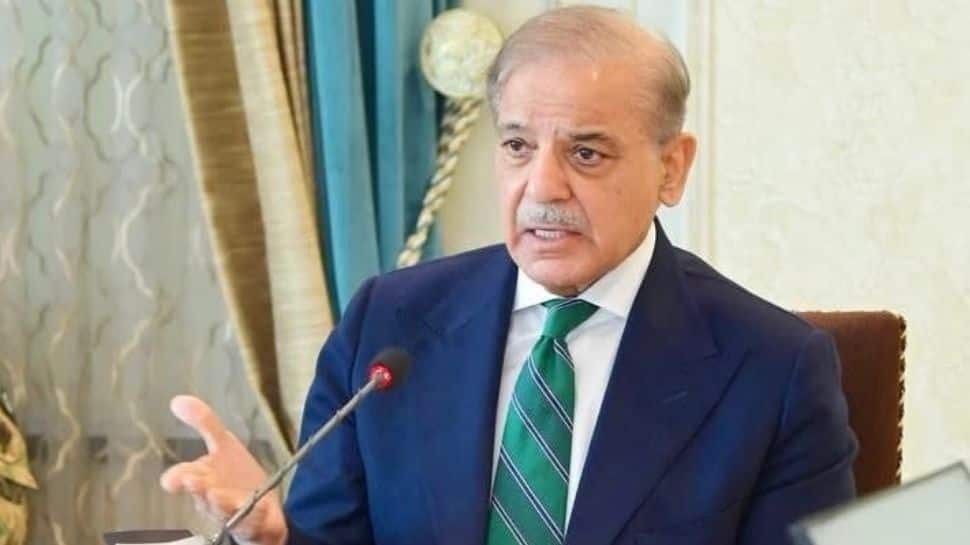The Financial Action Task Force (FATF), the global watchdog responsible for combating money laundering and terrorist financing, has issued a cautionary statement regarding Pakistan’s status following its removal from the FATF ‘greylist’ in October 2022. FATF President Elisa de Anda Madrazo emphasized that despite being delisted, Pakistan, like all countries, must continue to rigorously implement measures designed to prevent and deter financial crimes, including money laundering and terrorist financing. She highlighted that no country—whether currently greylisted or previously delisted—is immune to criminal activities, and all jurisdictions should persist in their efforts to combat these threats.
During a recent press conference in France, President Madrazo reiterated the importance of ongoing vigilance. She stated, “Any country that is on the grey list but also exists on the grey list is not bulletproof for actions of criminals, either money launderers or terrorists. So we do invite all jurisdictions, including those who have been delisted, to continue their good work to prevent and deter crimes.” This statement underlines FATF’s position that removal from the greylist is not a final clearance but rather a step in an ongoing process requiring continuous compliance and enhancement of regulatory frameworks.
Pakistan’s journey with FATF has been closely monitored. Although it was removed from the greylist last year, the country remains under the watchful eye of the Asia Pacific Group (APG), a regional FATF-style body responsible for following up on Pakistan’s implementation of anti-terror financing measures. Pakistan is not a full FATF member, which means the APG takes charge of overseeing its compliance. The greylist comprises various countries and jurisdictions worldwide that face significant strategic deficiencies in countering money laundering and terrorist financing. Inclusion on this list signals a need for heightened scrutiny and urgent reforms.
The FATF’s caution comes amid reports highlighting the evolving tactics of terrorist organizations. Notably, Jaish-e-Mohammad (JeM), a Pakistan-based terror group, has reportedly been using digital wallets and other innovative methods to fund terror camps, effectively masking the flow of illicit finances. Such developments underscore the complexity of combating terrorist financing in an increasingly digital financial landscape.
India’s National Risk Assessment Report of 2022 identifies Pakistan as a high-risk source of terror financing. This assessment is supported by a broader report titled ‘Comprehensive Update on Terrorist Financing Risks,’ which offers detailed insights into current terrorist financing methods and emerging threats. The report points to the increasing role of state-sponsored terrorism and highlights proliferation financing concerns linked to Pakistan’s state-owned National Development Complex. According to the report, Pakistan remains a high-risk jurisdiction in South Asia for proliferation financing, which involves funding activities related to the development or acquisition of weapons of mass destruction.
President Madrazo underscored FATF’s unwavering commitment to curbing terrorist financing globally. She stated that FATF continues to strengthen its standards and implementation processes through rigorous assessments, aiming to reduce terrorist financing worldwide and thereby protect populations from the devastating impacts of terrorist attacks. This dedication is reflected in FATF’s ongoing efforts to monitor countries’ progress and enforce compliance with international standards.
The FATF recently concluded its fourth plenary meeting in Paris, France, under the Mexican presidency of Elisa de Anda Madrazo. The meeting gathered delegates from more than 200 jurisdictions and observers, representing FATF’s expansive global network. Over three days of discussions, the participants addressed critical challenges in the fight against illicit finance, sharing experiences and adopting new strategies to enhance effectiveness.
One of the key outcomes of the plenary was the adoption of reports from the first two assessments conducted under FATF’s new round of mutual evaluations. These evaluations are designed to be more time-bound and risk-focused, placing greater emphasis on measurable results in combating money laundering, terrorist financing, and proliferation financing. Belgium and Malaysia were the first FATF members to be assessed under this updated framework, marking a significant step forward in FATF’s assessment methodology.
In addition to these assessments, the plenary removed several countries from the list of jurisdictions under increased monitoring. Burkina Faso, Mozambique, Nigeria, and South Africa successfully completed their action plans and were consequently delisted. This progress demonstrates that countries can improve their compliance and effectively address strategic deficiencies with the right commitment and reforms.
Despite Pakistan’s removal from the FATF greylist, the need for continuous monitoring and implementation of anti-terror financing measures remains paramount. The Asia Pacific Group continues its follow-up to ensure Pakistan adheres to FATF’s recommendations and sust

